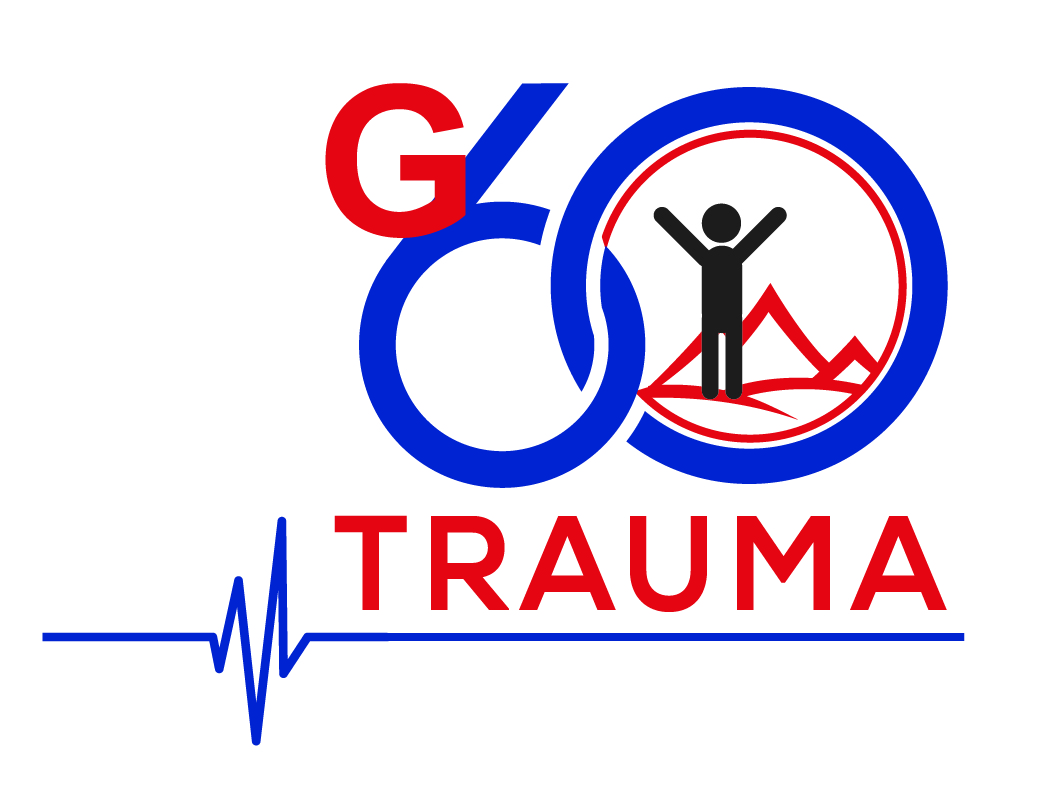Aggressive Care
The goal of this approach is to reduce the risk of other health related complications that could potentially arise from long term stays in healthcare facilities. It will also allow our patients to return to their community and continue with their Activities of Daily Living (ADL) at their highest level of independence.
Early and safe operative intervention
Aggressive mobilization with physical therapy and occupational therapy postoperatively
Multi-modal pain regimen including ON-Q* pain catheters and an opiod-limiting pain regimen
Early involvement of case managers and social workers to ensure outpatient rehabilitation needs are met
Multidisciplinary team to ensure all aspects of patient care are addressed
New cardiac arrhythmia
Decompensated heart failure
Active myocardial ischemia
The goal is to return to home in optimal state of health and pre-injury status.
A Skilled Nursing Facility (SNF), Acute Rehabilitation Facility (ARF), or Long Term Acute Care (LTAC) may be necessary based on physical, occupational or speech therapy recommendations.
A physical rehabilitation physician may be consulted to aid in placement needs.
As a member of the patient’s G60 multidisciplinary team, a case manager or social worker will assist in coordinating insurance requirements.
The goal of G60 is to get the most aggressive rehabilitation program possible.





